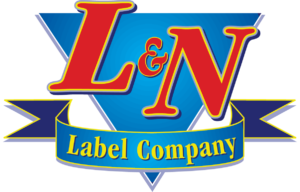So how much purchasing power does a wine label actually hold for both industry and consumer sales?
On the industry side, wine labels absolutely play a role in buyers’ decisions, particularly on the retail side. “Ultimately, if the wine is a great, the wine label doesn’t matter,” says Leah Rinaldi, a Brooklyn-based sales representative for Jenny & Francois. “That being said, a great label can definitely become one of the factors that has a buyer pull the trigger on a wine.”
Rinaldi explains that if two wines are equally good, but one has a better label, the buyer is likely to go with the latter. On the contrary, Rinaldi recalls instances where buyers have fallen in love with a label and not the wine inside, but not particularly vice-versa. “[Labels] definitely make more of a difference for off-premise than on-premise,” she says, noting that diners choose their bottles based off of a list, whereas labels play a big role in in-store sales.
Elsewhere in New York, Dalton Cannizzo of Martin Scott Wines, notes that visibility, clarity, and design of a label deeply matter. “A buyer’s decision to bring in a wine starts with the gauntlet of taste, but that is quickly followed by an examination of the label,” he says, noting that if a label is hard to read or has a poor layout, the wine will be pushed aside, regardless of how it is. “Graphic design helps and buyers really respond to it, however, the age of catchy labels selling poor-quality wine is coming to an end, or rather, I hope it is,” Cannizzo reveals.






